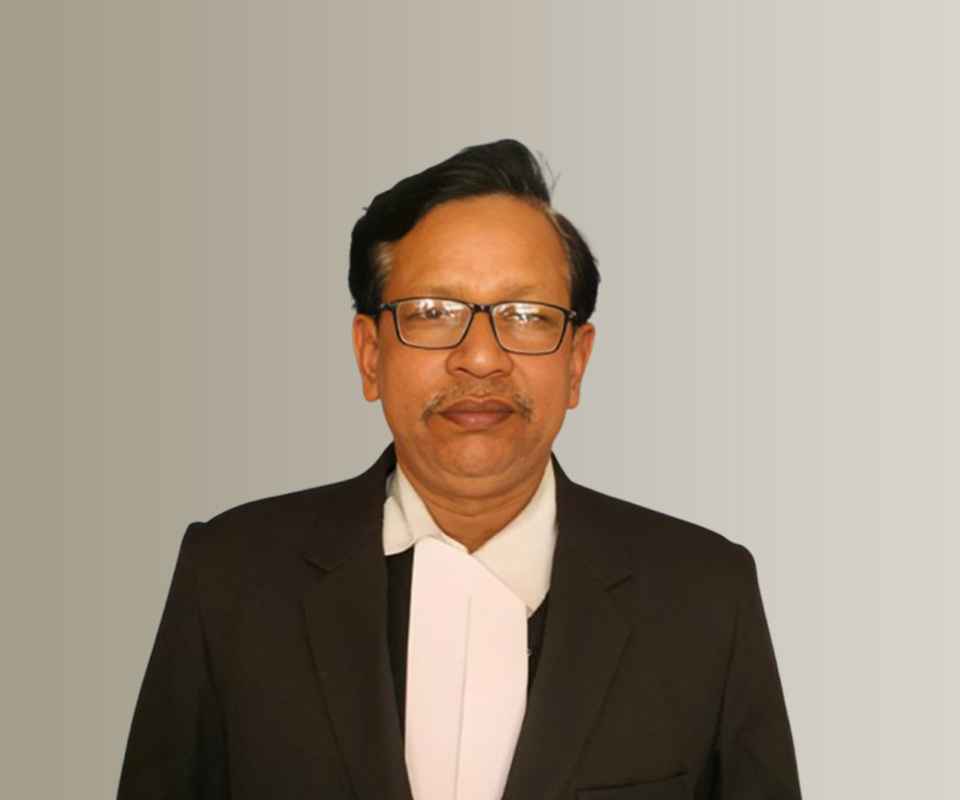Answer By law4u team
The Right to Education (RTE) Act, 2009 ensures that every child between the ages of 6 and 14 years in India has the right to free and compulsory education. This right is enshrined as a fundamental right under Article 21A of the Constitution of India. The RTE Act guarantees that children from all backgrounds, especially those from marginalized and economically disadvantaged communities, can access education without financial barriers.
Key Entitlements Under the RTE Act:
1. Age Group of 6 to 14 Years:
The RTE Act guarantees free and compulsory education to every child aged 6 to 14 years.
The Act specifies that education should be made available to children in this age group, and the state is responsible for ensuring that no child is excluded due to financial, social, or logistical barriers.
2. Children Belonging to Economically Weaker Sections (EWS):
Under the RTE Act, 25% of seats in private schools are reserved for children from economically weaker sections (EWS) and disadvantaged groups.
These children are entitled to free education, and the government reimburses the school for the cost of educating them.
The EWS category includes children from families with low incomes or those who are otherwise unable to afford education.
3. Children with Disabilities:
The Act mandates that children with disabilities are entitled to free and compulsory education in regular schools.
Schools must ensure that the environment is inclusive, with necessary facilities and accommodations to support children with disabilities.
This ensures that children with physical, intellectual, and developmental disabilities can attend school and receive quality education.
4. Children from Marginalized or Disadvantaged Communities:
The RTE Act provides special provisions for children belonging to Scheduled Castes (SCs), Scheduled Tribes (STs), Other Backward Classes (OBCs), and minority groups to ensure that they have equal access to education.
These groups are protected under the RTE Act to prevent discrimination and exclusion from schools.
5. Children Who Have Never Attended School (Out-of-School Children):
The Act also covers out-of-school children or those who have never attended school, ensuring that they receive special training to bring them up to speed with children of their age group.
This provision aims to reduce dropout rates and increase enrollment in schools, ensuring no child is left behind due to previous education gaps.
6. Homeless or Street Children:
Homeless children or those living on the streets are also entitled to free education under the RTE Act.
The Act provides provisions for alternative schooling options or special education centers for these children, ensuring that they are not deprived of their right to education.
7. Children in Child Labour or Vulnerable Situations:
Children involved in child labor or those in vulnerable situations are entitled to free education under the RTE Act.
The Act aims to ensure that these children are removed from labor and placed in school, providing them with the opportunity for a better future.
8. Migrant Children:
Children of migrant workers, who may often miss out on continuous education due to their transient living conditions, are also entitled to free education.
The RTE Act ensures that migrant children are not excluded from education due to their parents’ mobility, and special provisions are made to accommodate them.
Example:
A child named Ravi, aged 8, from a low-income family in a village in Uttar Pradesh, is entitled to free education under the RTE Act, even if his family cannot afford school fees. Ravi is also eligible for free textbooks and uniforms. Additionally, if the local private school has reserved seats for economically weaker sections (EWS), Ravi would have access to these seats. If Ravi faced any disability, the school would need to ensure it provides necessary support for his inclusive education.
Conclusion:
The Right to Education (RTE) Act, 2009 guarantees free and compulsory education to all children aged 6 to 14 years. The Act ensures that no child is excluded from education based on economic status, disability, social background, or gender. It also includes special provisions for marginalized communities, children with disabilities, and out-of-school children, ensuring that every child in India, irrespective of their circumstances, can access education without barriers. The RTE Act plays a pivotal role in achieving educational equality and social justice in India.







